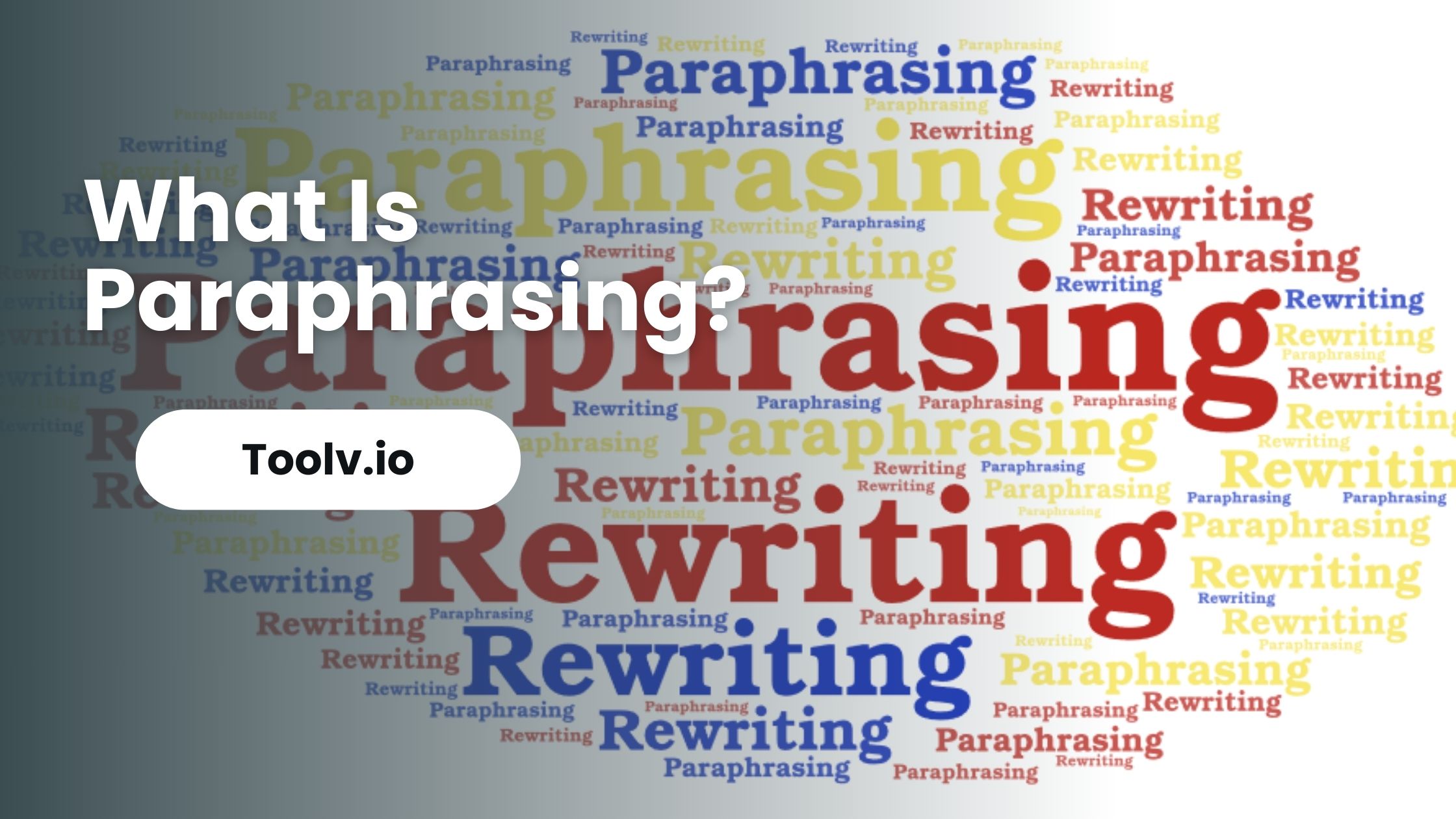Paraphrasing In Counseling

Paraphrasing is a key skill in counseling, where the counselor rephrases what their client has said. This helps in showing understanding and encourages the client to keep sharing. It’s like giving back the client’s words in a new package, which can often help them see their thoughts more clearly.
In this article, we will discuss how effective paraphrasing can be used in counseling sessions. We’ll explore its benefits in building a deeper connection between the counselor and client, and how it can lead to better understanding and problem-solving.
Understanding Paraphrasing In Counseling
Paraphrasing in counseling is like repeating what someone said in your own words. It shows you’re listening and understand. This helps make the conversation better because both people feel heard and valued.
When you paraphrase, you don’t change the meaning. Instead, you use different words to say the same thing. This makes the person talking feel respected and confirms that their thoughts are clear to you.
Using paraphrasing can make counseling talks more open and trusting. It’s a simple tool but really powerful. It helps people feel more connected and understood in their conversations.
The Benefits Of Effective Paraphrasing In Counseling
Paraphrasing is an invaluable skill that has wide-reaching benefits when done effectively:
- Better Comprehension
- Stronger Expression
- Improved Vocabulary
- Enhanced Voice/Style
- Better Knowledge Retention
- Proper Citation Skills
Better Comprehension
Thoroughly paraphrasing a complex piece of writing requires understanding it completely first. As you rewrite the content in your own words, you grasp the meaning and details on a deeper level.
Stronger Expression
Putting any information into a unique phrasing without losing fidelity makes you evaluate and convey ideas in the most clear, succinct way. With repetition, your language skills are sharpened.
Improved Vocabulary
An expanded lexicon is key for good communication. The act of substituting words and phrases to paraphrase forces you to find new vocabulary to accurately write the ideas.
Enhanced Voice/Style
When repeatedly exposed to how different authors put forth concepts in their writing, it influences your own authorial voice. Paraphrasing helps you develop your distinctive writing style.
Better Knowledge Retention
Because paraphrasing information requires focus and mental reworking, it cements the facts and concepts much more solidly compared to passive reading. This leads to better memorization.
Proper Citation Skills
Giving credit where credit is due by citing source materials is an integral part of paraphrasing. Doing this develops good academic integrity and attribution habits.
In essence, dedicated paraphrasing develops vital comprehension, expression, vocabulary, stylistic, and ethical skills that make you a better, more thoughtful writer and researcher. Taking the time to paraphrase content exactingly delivers outcomes well worth the effort.
Mastering Paraphrasing In Counseling
Paraphrasing is an essential counseling technique that demonstrates active listening, understanding, and progressing discussion.
However, it must be done carefully to be effective. Here are some tips for mastering paraphrasing as a counselor:
- Listen fully to grasp the emotions and facts before paraphrasing. Rushing leads to missing key details that should be reflected.
- Paraphrase small sentence chunks rather than large blocks – this ensures accuracy and clarification of specific feelings.
- Use the client’s vocabulary to reflect their voice rather than inserting your own terms this helps reassurance.
- Ask for feedback after paraphrasing rather than assuming you captured the meaning completely. This builds insight.
- Attribute any assumptions or interpretations you add clearly rather than seeming like part of the client’s narrative. Maintaining transparency matters.
- Match the tone and emotional intensity to mirror the client’s state rather than falling flat or exaggerated. Getting the performance right conveys empathy.
- Reword the core ideas thoroughly using alternative vocabulary and sentence structures showing depth of analysis. Do more than basic synonyms.
With preparation, focused effort and skill refinement through client sessions, a counselor can make paraphrasing feel natural, insightful and powerfully supportive of therapeutic progress.
Common Challenges And Solutions
- Sticking Too Close to the Original: Often, it’s tempting to use the same structure or words as the original text. This doesn’t help you learn. Solution: Push yourself to find new ways to express the same idea. Use a thesaurus or brainstorm synonyms for key words.
- Changing the Meaning: While trying to use different words, you might accidentally change the original meaning. Solution: Always double-check your work. Compare it with the original to ensure you haven’t altered the core message.
- Lack of Vocabulary: You might feel limited by your vocabulary, especially when trying to find new ways to say something. Solution: This is a chance to learn! Use tools like a thesaurus or online language resources. Read widely to expose yourself to different ways of expressing ideas.
Practicing And Improving Your Paraphrasing Skills
Paraphrasing is when you say something in a new way. It’s like using your own words to tell what someone else said or wrote. This skill is great because it helps you understand and share ideas better.
To get better at paraphrasing, you need to practice a lot. First, read or listen to something. Then, try to say it in your own way without changing the meaning. It’s important to use different words and maybe even change the order of the ideas.
Improving your paraphrasing skills takes time, but it’s worth it. It not only helps you in school or work but also makes you a better listener and speaker. So, keep practicing.
FAQs
What is paraphrasing in counseling?
Paraphrasing in counseling is a communication technique where the counselor rephrases the client’s words to demonstrate understanding and empathy. It involves restating the client’s message in the counselor’s own words while capturing the essence of what the client has expressed.
Why is paraphrasing important in counseling?
Paraphrasing is important in counseling because it helps the counselor demonstrate active listening, empathy, and understanding. It allows the client to feel heard and validated, leading to a stronger therapeutic relationship and better communication.
How can paraphrasing benefit the counseling process?
Paraphrasing can benefit the counseling process by enhancing the client-counselor relationship, facilitating deeper exploration of the client’s thoughts and feelings, and promoting clarity and mutual understanding. It can also help the client feel more comfortable and open to sharing their experiences.
Are there any tips for effectively using paraphrasing in counseling?
Some tips for effectively using paraphrasing in counseling include maintaining genuine interest and empathy, using open-ended questions to encourage the client to elaborate, and being mindful of the client’s nonverbal cues.
Conclusion
Paraphrasing in counseling is a key skill. It helps the counselor show they understand the client’s feelings and thoughts. This makes the chat more open and trusting.
A tool like Toolv.io can make learning paraphrasing easier. It offers different ways to say the same thing. This helps people get better at understanding and communication.





